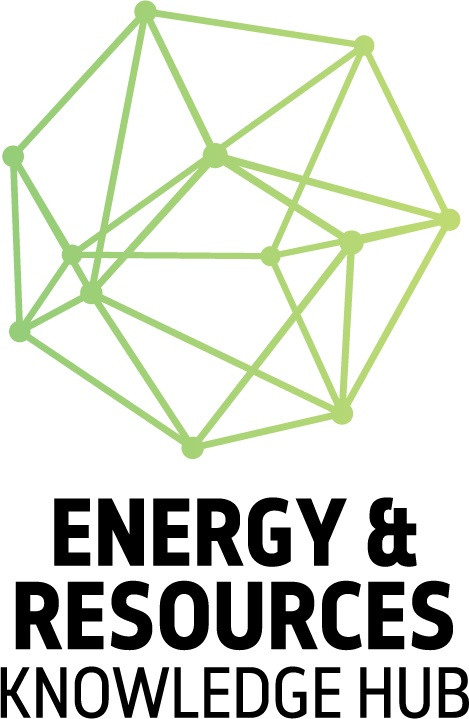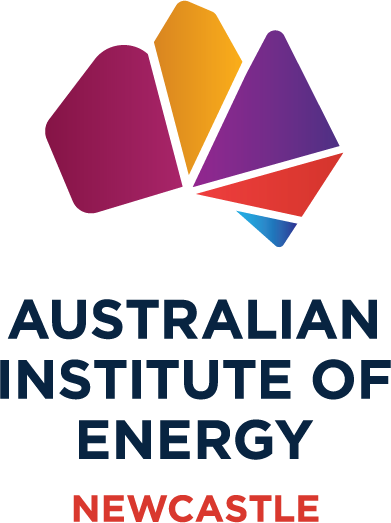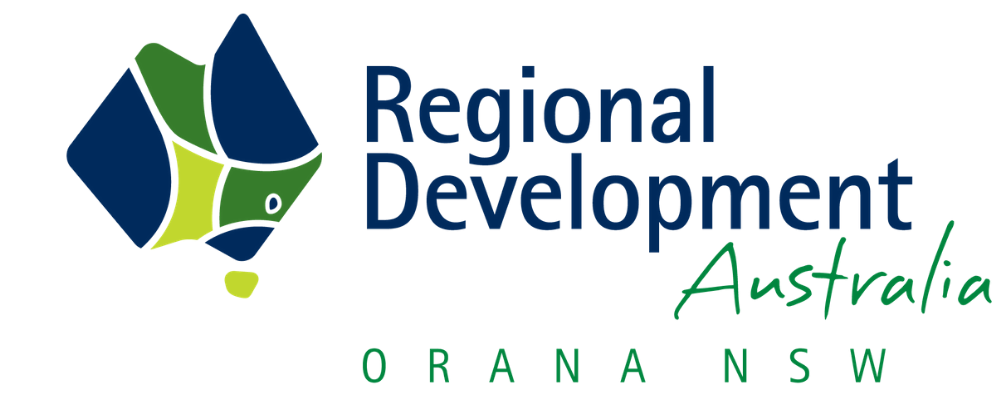Hysata advocates for more support amidst local hydrogen supply chain opportunities
Hysata, the Illawarra-based company recognised for its highly efficient hydrogen electrolyser technology, has submitted a response to the Senate Standing Committee on Economics concerning the Future Made in Australia 2024 Bill, warning that hydrogen manufacturing in Australia could miss upcoming opportunities without Government support to thrive.

Hysata's submission to the Senate lays out a roadmap for the development of a domestic electrolyser manufacturing industry, positioning it as a crucial element of Australia's clean energy future.
The company’s submission supports the the Future Made in Australia 2024 Bill and argues for the establishment of a domestic electrolyser manufacturing industry to fully realise the economic and social benefits tied to Australia's clean energy transition.
The company’s response outlines the importance of this industry for Australia’s future, especially in light of plans to have between 800 and 4,600 electrolyser units operational in the country over the next decade. Without domestic production, Australia risks importing nearly all these units, thereby missing out on the potential economic benefits of developing a local supply chain.
Hysata advocates for including hydrogen electrolysers as a priority within the "clean energy manufacturing" sector under the "economic resilience and security stream" of the National Interest Framework. The company points out that while the bill mentions solar and battery manufacturing, it does not specifically address the potential value of domestic electrolyser production. According to Hysata, recognising electrolysers within this framework is essential for Australia to maintain a competitive edge in the clean energy sector.
The submission also calls for government support to help emerging technologies like electrolysers transition from development to commercial viability. Hysata suggests this could initially take the form of grants to help these technologies become bankable, followed by concessional finance mechanisms to support rapid scaling. Additionally, the company proposes that the bill should include incentives for using domestically developed or manufactured products in Australian clean energy projects.
"The bill needs to enable the commercialisation of Australian technology," states Hysata in their submission, arguing that this approach is essential for delivering long-term economic and social value from the energy transition.
Hysata also points out the growing trend of domestic content incentives in the US, Europe, and Asia, urging Australia to follow suit by offering similar incentives for locally built or designed content in clean energy projects. "Australia must respond to this trend to establish itself as home to the world’s best technology," the submission reads.












